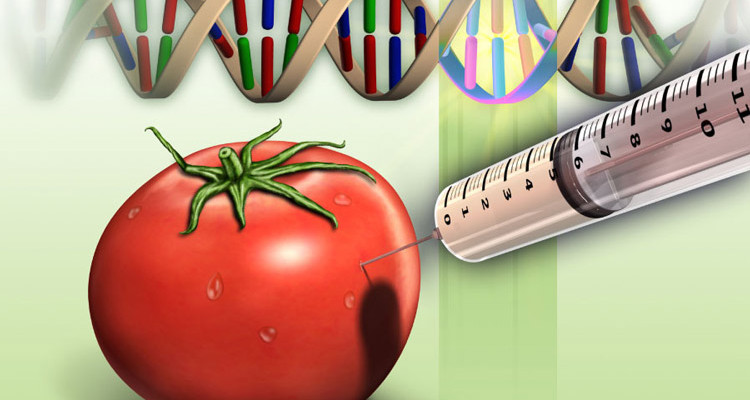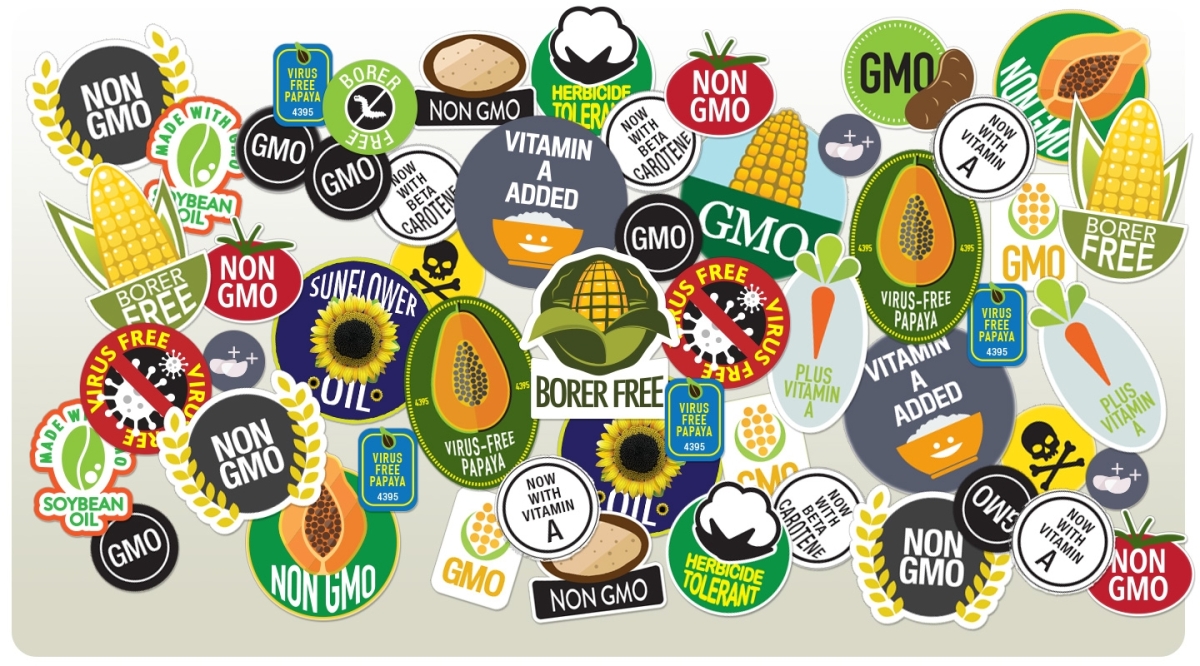Genetically modified organisms (GMOs) are evident amongst most major sectors in New Zealand. Research, medicine, agriculture, and education all utilise GMO’s in their respective fields across the world. The scope of genetically modified organisms have endless potential to further countless fields in New Zealand. Included but not restricted to; the modification of genomes to cure disease, making previously uninhabitable environments habitable or to create a sustainable agriculture sector to support our ever increasing population.
But have we given enough thought to the impact and management of GMOs on our ecosystem and the cultural implications with reference to the Maori peoples of New Zealand?
Have we considered the adverse impacts it may have on the diverse range of indigenous flora and fauna found in New Zealand, that are used in traditional Maori medicine for healing purposes?(1) Harakeke (flax), kōwhai and mānuka are renowned for the healing properties they hold in Maori medicine (2), so it is naturally of concern for Maori that flora such as these may be at risk with the introduction of genetically modified organisms.
Maori philosophies and ideas have a large impact on our culture as a society, so surely we must acknowledge the implications that GMO’s may have on this unique aspect of our country. Iwi in New Zealand theorise the DNA of a living being to be the physical expression of the connection we share with the Gods of creation (whanaungatanga).(3) Whanaungatanga connects an individual to all other living things in nature and looks at the physical and spiritual aspects of a being holistically. Changing the genetic makeup of a living thing is, potentially, separating the physical and spiritual, and disregarding the connection between living things and the Gods of creation. Maori ideologies hold nature in very high regard and strongly maintain that it must be protected.
Currently, in New Zealand, precautions have been put in place in order to minimise the negative impact of genetic modification on the ecosystem, which encompasses the protection of flora and fauna that are so valued in Maori culture. The current New Zealand Government restricts the release of any genetically modified organisms under The Hazardous Substances and New Organisms Act 1996.(4) It is a criminally prosecutable offence to release a GMO without the approval of the Environmental Risk Management Authority, an independent body who determine whether the benefits of releasing a genetically modified organism outweigh the potential risks. (5)
It is a criminally prosecutable offence to release a GMO without the approval of the Environmental Risk Management Authority, an independent body who determine whether the benefits of releasing a genetically modified organism outweigh the potential risks. (5)
These restrictions were, even though beneficial to Maori traditionalist views, actually made law in order to protect the diverse and potentially fragile ecosystem that we have in New Zealand. Genetic modification has the potential to give animals or plants an adaptive advantage in their ecological niches. These adaptations may allow them to adapt to, or inhabit the niche of another organism, forcing an organism to either inhabit another niche itself, or face extinction (Gause’s Law). (6) This has every possibility to cause a ‘run on’ effect and drastically change the dynamics of the New Zealand ecosystem by the introduction of organisms with competitive advantages.
When looking at the potential of genetically modified organisms, however, we must acknowledge the potentially limitless benefits it provides in terms of making crops more nutritious and easily accessible. For lower socio-economic families, this could provide a huge opportunity to increase their wellbeing, by gaining access to quality food and avoiding food that is notoriously low in nutrition but easily affordable. This is particularly relevant for Maori families in New Zealand, as they are overrepresented in the low socio-economic sector of our communities. (7) This highlights how the introduction of GMOs raises moral and ethical issues. In terms of the ethical principles of social justice, it is societies moral duty to provide opportunities for equality within our communities, and easily accessible and nutritious food is a large part of this duty. The question is whether this should come at the expense of our unique New Zealand culture.
So whilst it can be agreed that genetically modified organisms offer great potential in fields ranging from agriculture to health, the implications on the New Zealand culture by their introduction must be heavily considered. Genetically modified organisms, in principle, go against key values of Maori culture. So in order for New Zealand, who is made unique because of this culture, to move forward with genetic modification, consultation with qualified iwi must be a priority. I strongly believe that we as a society must respond to the potential of genetically modified organisms with these implications in mind.
References:
- https://www.boprc.govt.nz/media/32734/Report-0302-GeneticallyModifiedOrganisms.pdf
- http://www.teara.govt.nz/en/rongoa-medicinal-use-of-plants
- https://tewakakaiora.wordpress.com/about/our-mission/te-waka-kai-ora-statement-against-gmos/
- http://www.mfe.govt.nz/publications/hazards/gm-nz-approach-jun04/genetic-modification-new-zealand
- http://www.mfe.govt.nz/publications/hazards/organisms/gm-nz-approach-jun04/html/page6.html
- https://www.sciencedaily.com/terms/ecological_niche.htm
- http://www.health.govt.nz/our-work/populations/maori-health/tatau-kahukura-maori-health-statistics/nga-awe-o-te-hauora-socioeconomic-determinants-health/socioeconomic-indicators
— Mackenzie K
